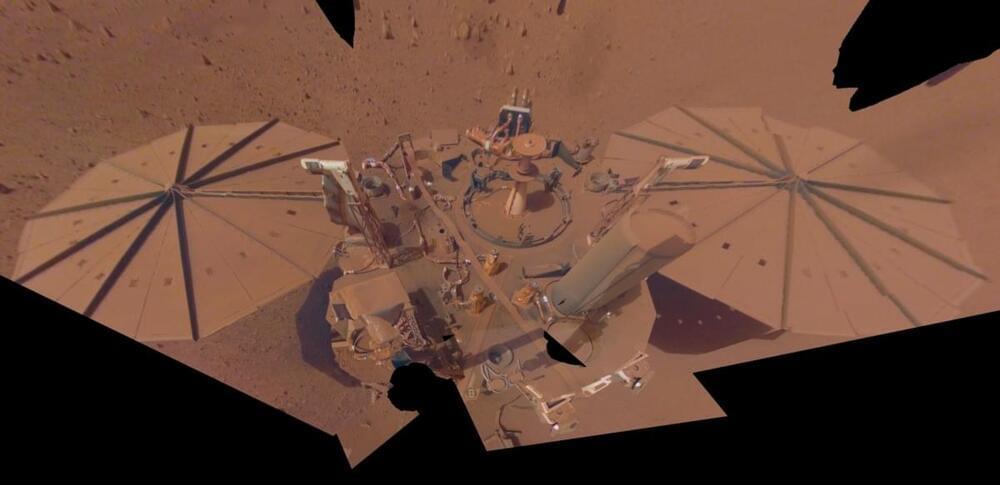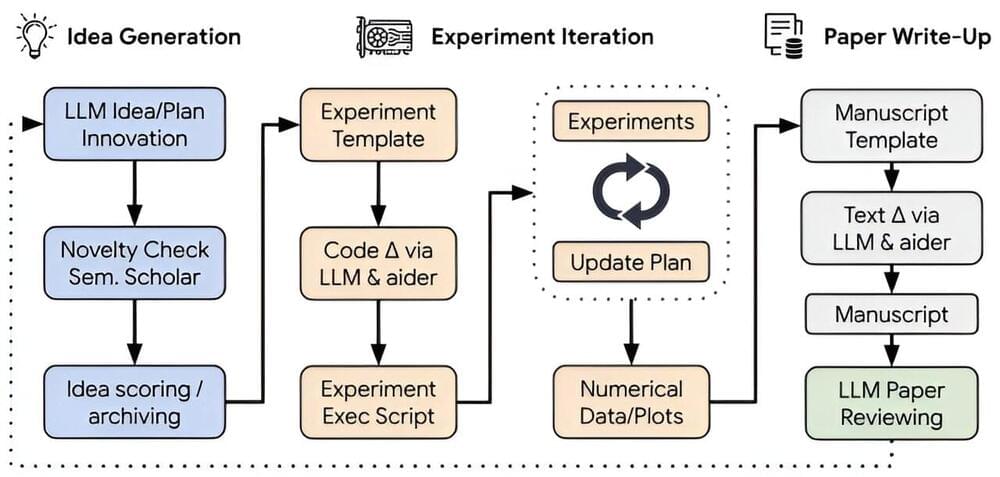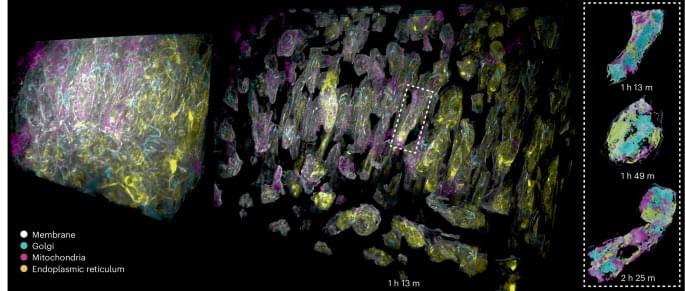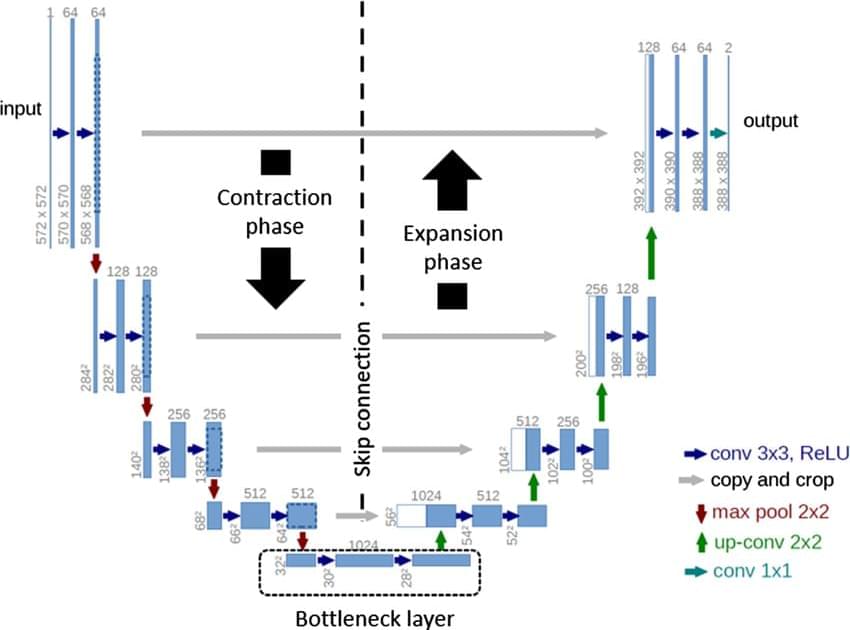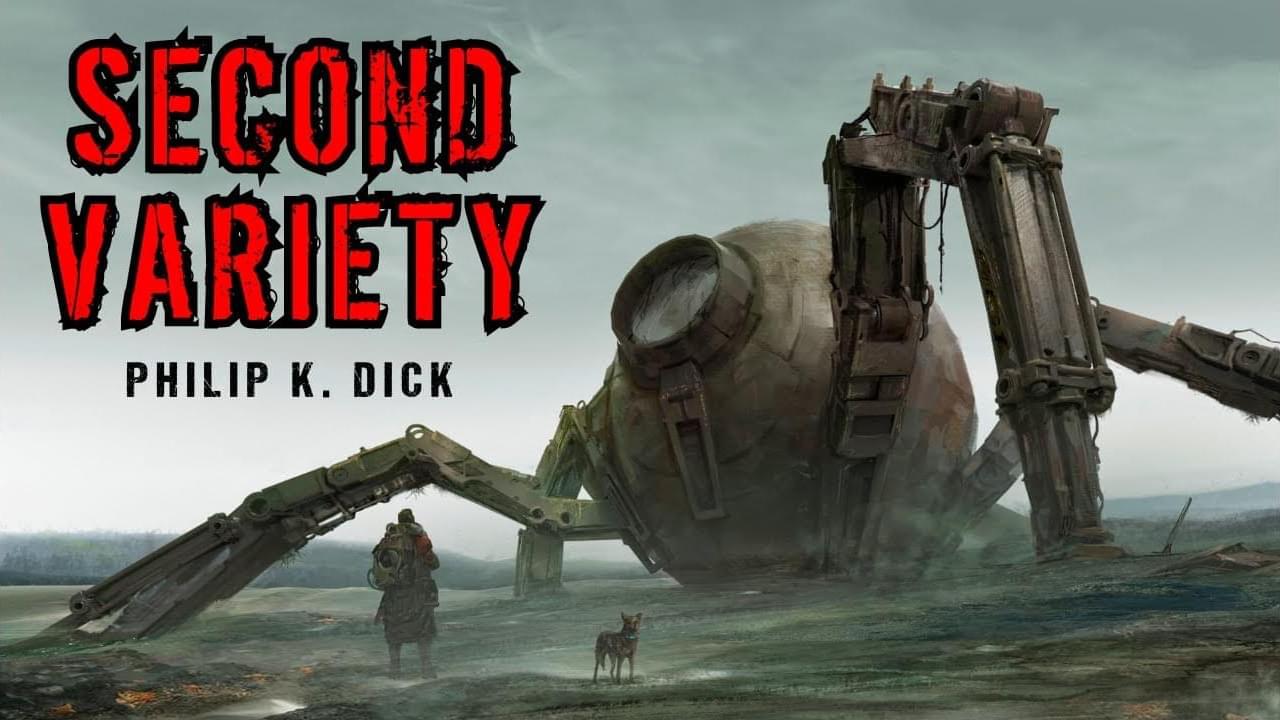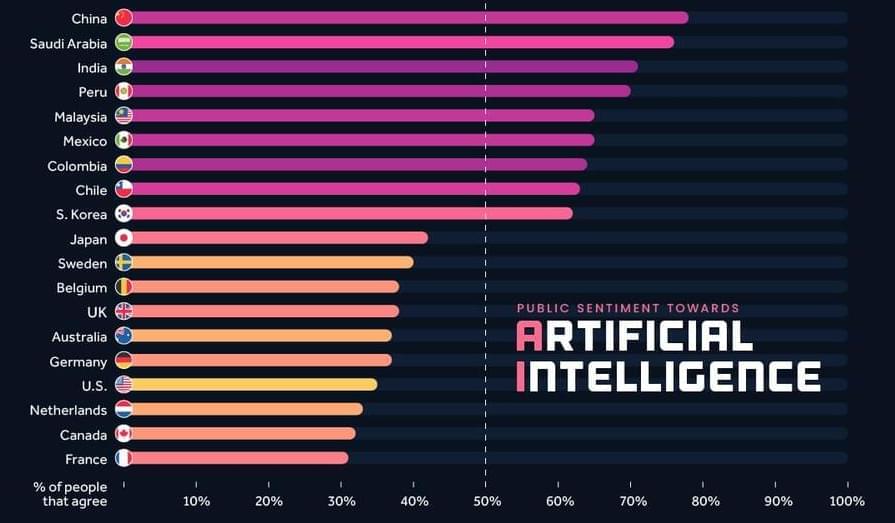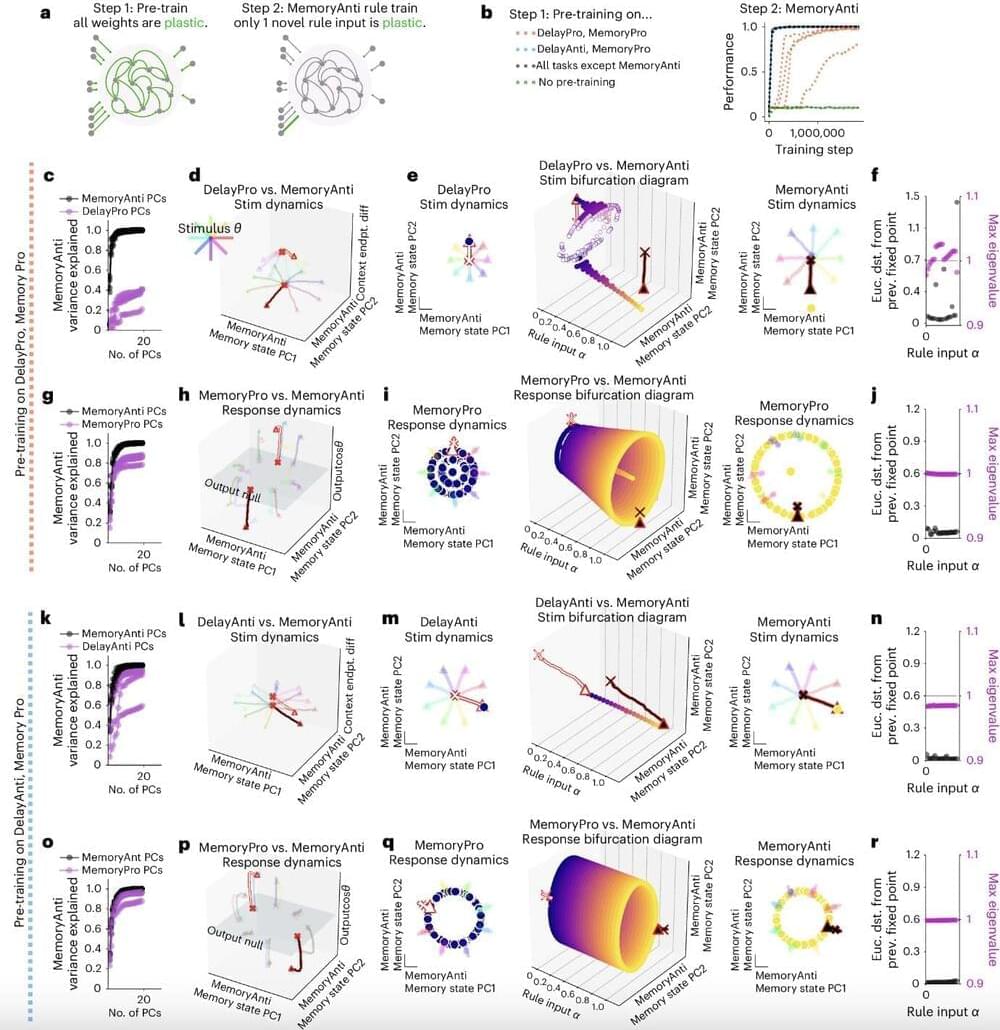Aug 19, 2024
Layoff Crisis Hit over 130,000 Employees till August: Expert Highlights Workforce Recovery Scenario
Posted by Mike Diverde in categories: employment, robotics/AI
As of August 2024, the global employment landscape is facing significant turbulence, with more than 130,000 employees laid off across nearly 400 companies. Tech giants like Google, IBM, Apple, Amazon, SAP, Meta, and Microsoft have contributed to these staggering figures, indicating a major recalibration within the job market.
According to industry experts, this trend is accelerating as the integration of artificial intelligence (AI) and automation prompts companies to streamline operations. Amidst this upheaval, Ramesh Alluri Reddy, CEO of TeamLease Degree Apprenticeship, sheds light on layoffs, workforce reshaping, and the potential for recovery.


